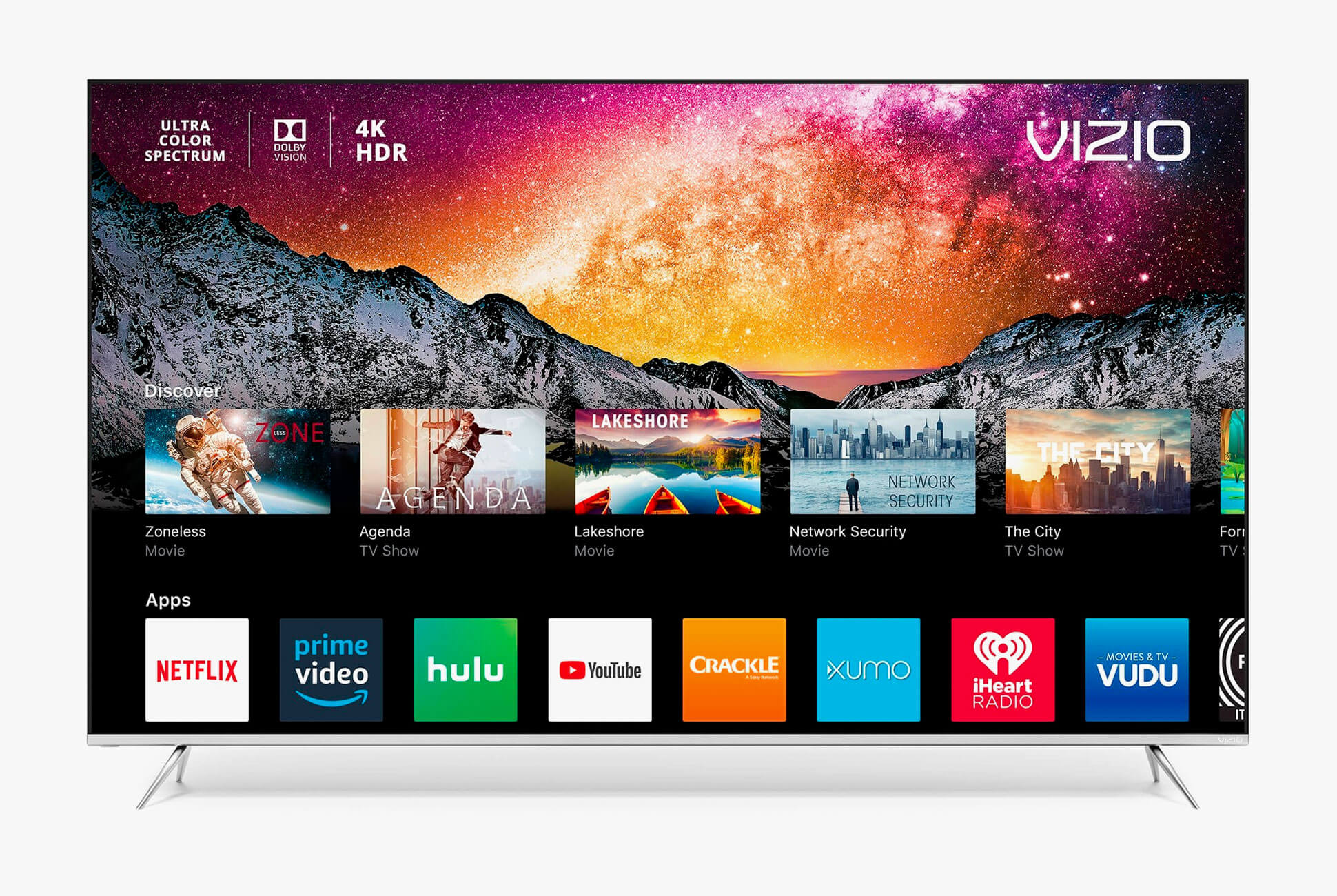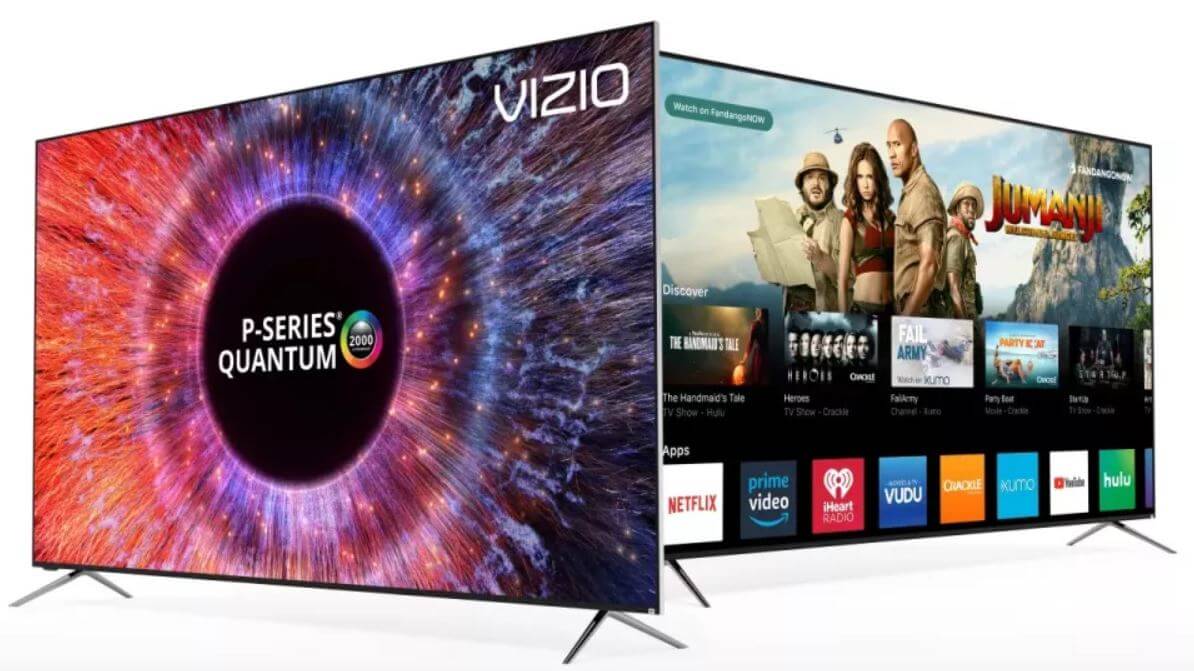Why it matters: Buying a TV and knowing how much personal information it is going to share with third-parties is already difficult. It's also not a question consumers should need to ask, but companies such as Vizio are committed to collecting your TV viewing habits so that your entire household can be targeted by ads.

Vizio has plans to work with a total of nine businesses for the purpose of serving targeted ads to households with the help of smart TVs. The group of nine companies is mainly comprised of TV networks such as NBCUniversal and CBS, both owned by Comcast, and AT&T's advertising firm Xandr.
Unlike internet browsers, smart TVs typically do not have tracking cookies readily available to record user actions. However, a full operating system at the disposal of an OEM allows for plenty of tracking to occur at the push of a button by sending out software updates.
In the words of Jodie McAfee, senior vice president of sales and marketing for Inscape, a Vizio subsidiary, "TV manufacturers have so far used different technology and standards to enable addressable advertising, hindering the industry's growth." Whatever growth is supposedly being hindered, end users should not in any way feel sorry that their personal information is only partially being collected instead of having their entire TV usage tracked and shared with advertisers.

Inscape is a company to watch as they develop an open standard for TV manufacturers. Their purpose is to collect as much smart TV data as possible for advertising purposes. Vizio has committed to using the standard created by Inscape on future TV models. There is no question that future Vizio TVs will be far more invasive than existing models. No word has been given on whether older variants will be receiving software updates chalk full of tracking code.
At present, Vizio holds a 16 percent market share for TVs in North America, trailing Samsung's 29 percent share. LG continues to gain ground as its exclusive OLED technology improves.
https://www.techspot.com/news/79146-vizio-plans-use-future-generation-tvs-targeted-ad.html